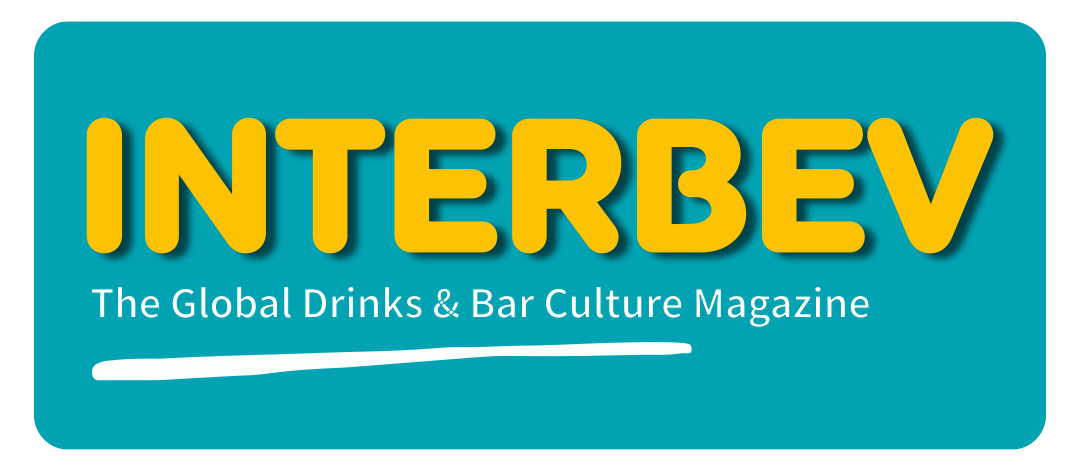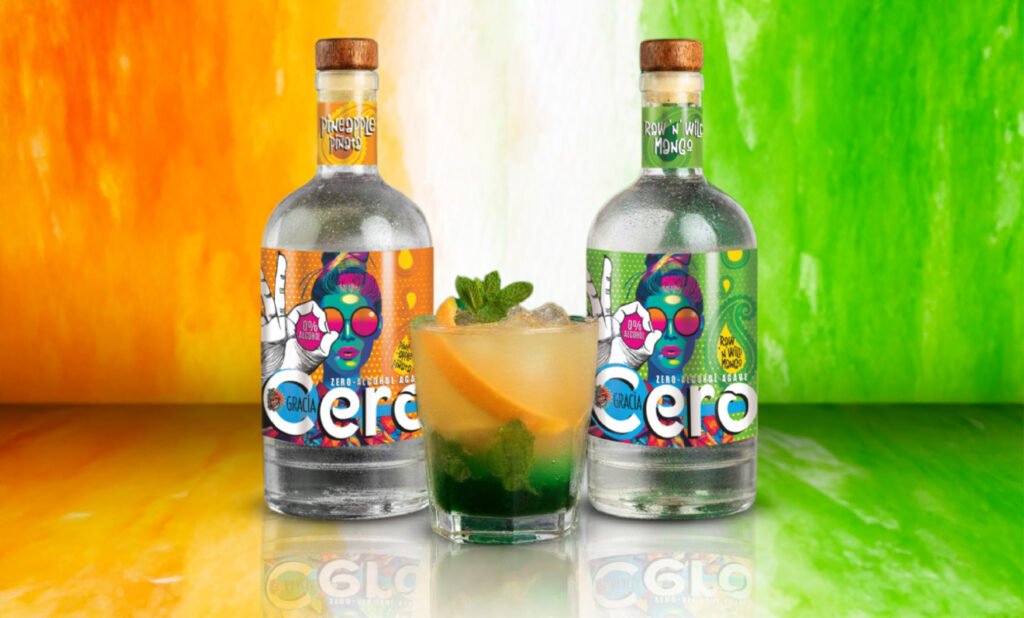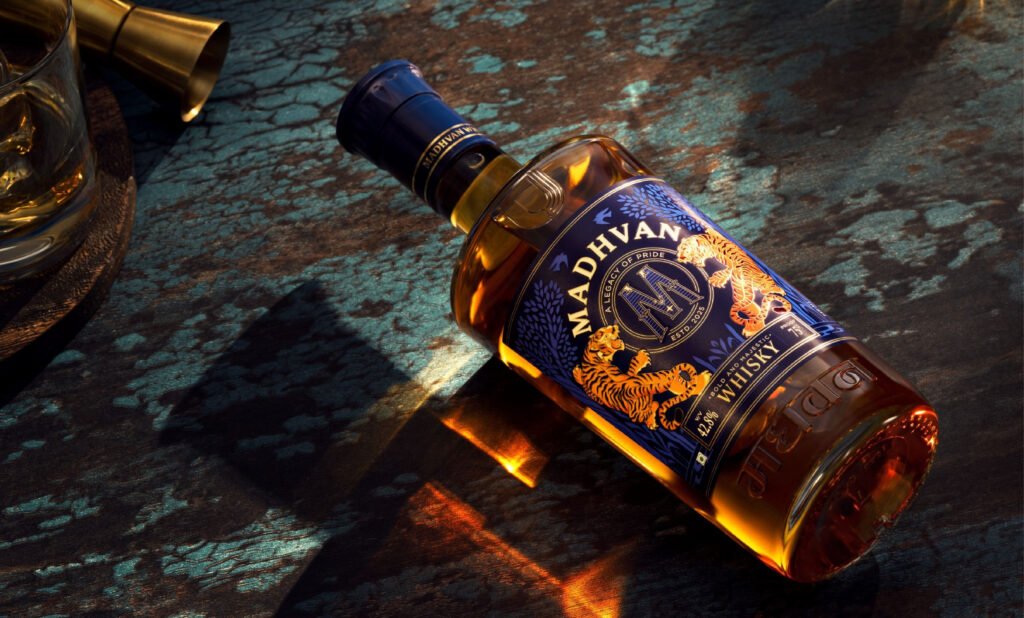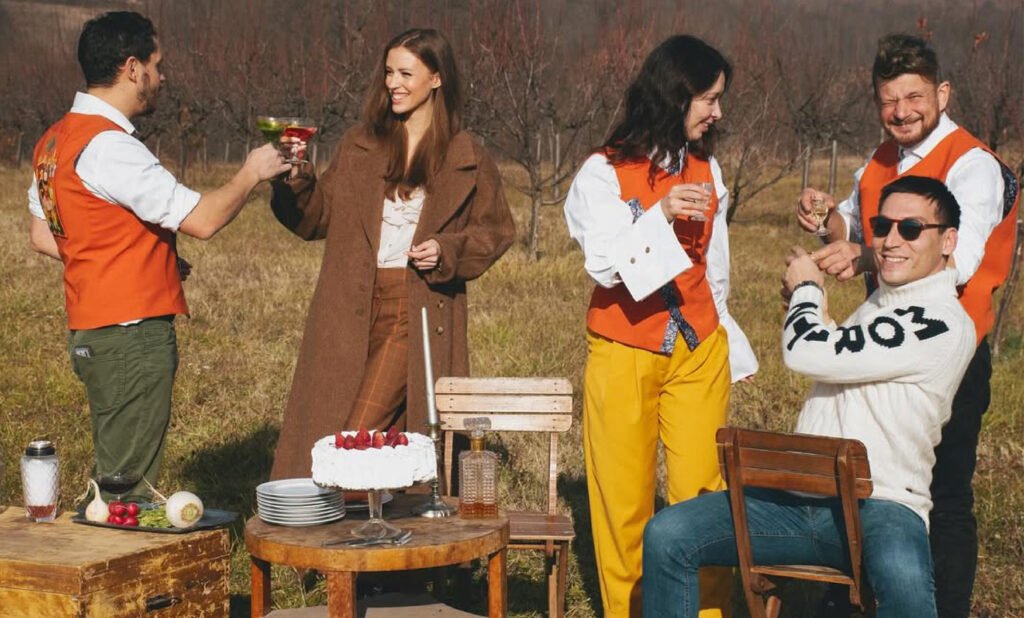With Indian single malts gaining recognition across the globe, a new chapter begins in the whisky industry with the formation of the Indian Malt Whisky Association (IMWA). At the forefront is Major General (Dr) Rajesh Chopra, AVSM (Retd.) Director General, Indian Malt Whiskey Association, who shares insights into IMWA’s vision, challenges, and the road ahead for Indian malt whisky.
What inspired the formation of the Indian Malt Whisky Association at this time?
The exponential growth and rising global recognition of Indian single malts necessitated a unified voice. IMWA was born out of this need to standardize, protect, and promote the category both domestically and internationally. As Indian malts move beyond niche to mainstream, the association provides a platform for shared values, quality benchmarks, and strategic outreach.
How does IMWA plan to shape the narrative of Indian single malts in the global luxury spirits market over the next 5 years?
IMWA envisions positioning Indian single malts alongside the best in the world. Over the next five years, it aims to establish India as a serious whisky-producing nation through global campaigns, high-level trade participation, and storytelling rooted in quality, provenance, and innovation.

How does IMWA plan to ensure authenticity and quality across the industry?
IMWA will establish a code of practice and quality norms for its members. This includes clear definitions of what qualifies as Indian single malt, thereby ensuring transparency and trust among consumers and trade partners.
How will IMWA support producers in combating counterfeit products?
A key function of the association is to create a trusted mark or seal that authenticates genuine Indian single malts. IMWA will also work with enforcement agencies and regulators to curb counterfeiting.
How does IMWA plan to influence domestic regulations, especially around labelling norms, taxation, or classification of Indian malts?
The association is working on a proposal to present to government bodies outlining the need for a separate classification for Indian single malts, distinct from general whisky. This involves correcting existing labelling anomalies and pushing for tax parity with other premium segments.
How is IMWA engaging with international regulatory bodies?
IMWA plans to reach out to global trade bodies and spirit regulators to advocate for fair representation and classification of Indian malts in international forums and competitions. Engagement with international councils will be a strategic priority.

In what ways does Indian malt whisky stand out globally?
India’s climate accelerates maturation, producing complex, rich, and bold flavours in a much shorter time. This, combined with native grains and unique water sources, gives Indian malts a signature style that’s both innovative and distinctive.
What role does climate and terroir play in the uniqueness of Indian single malts?
India’s diverse geography, from Goa’s humidity to the Himalayan cool, affects ageing, evaporation, and flavour extraction. These terroir-driven variations are a strength, adding layers of complexity that are hard to replicate elsewhere.
Experience YUKI’s Effect From Cocktails To Culture
Will IMWA be encouraging innovation in ageing techniques, cask types, or indigenous ingredients to elevate India’s whisky profile?
Absolutely. IMWA supports experimentation with casks (like wine or sherry barrels), local botanicals, and indigenous grains. The goal is to create products that are both globally appealing and rooted in Indian identity.
What kind of collaborative efforts or knowledge-sharing platforms is IMWA building among its founding members and newer players in the space?
IMWA encourages open dialogue, research collaborations, and inter-distillery learning platforms. A technical forum is also in the works to share data on maturation, ageing, and innovation, helping elevate the category collectively.
In what ways is the association working to educate Indian consumers about the value and authenticity of homegrown single malts?
Through consumer-facing campaigns, tasting sessions, and partnerships with retail and hospitality, IMWA aims to build awareness around the quality and craftsmanship of Indian single malts. Educational content is a key pillar of this initiative.
How does IMWA see the role of Indian diaspora and global whisky clubs in promoting Indian malts overseas?
The Indian diaspora plays a crucial ambassadorial role. IMWA plans to tap into global whisky clubs and cultural forums to foster storytelling, tastings, and trade engagement, turning enthusiasts into evangelists.

Are there upcoming trade missions, global events, or campaigns where IMWA will showcase Indian malt whisky as a cultural export?
Yes. IMWA intends to participate in key international spirits exhibitions such as ProWein and Whisky Live. It also aims to curate India-specific showcases abroad, promoting Indian malt as both a cultural and premium product export.
Is sustainability in production and packaging a priority for IMWA and its members? Are there any common sustainability goals being discussed?
Sustainability is a shared value. Many IMWA members already use eco-friendly practices, from responsible water usage to recyclable packaging.
How does IMWA plan to address the challenges of climate change on whisky maturation and storage in India’s diverse climates?
The association encourages members to adopt adaptive warehousing, temperature control systems, and innovative storage solutions to counter climate volatility.
With IMWA, India’s malt whisky makers aren’t just dreaming big, they’re organizing for it. As Dr. Chopra affirms, “The world is ready to listen. Now it’s our turn to speak with one voice.”






